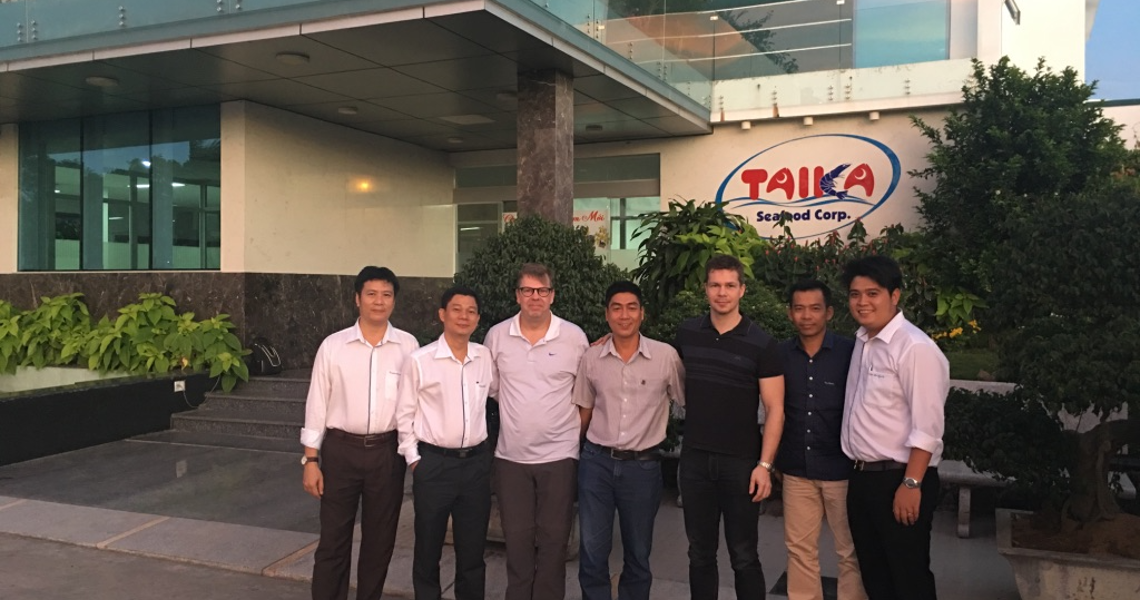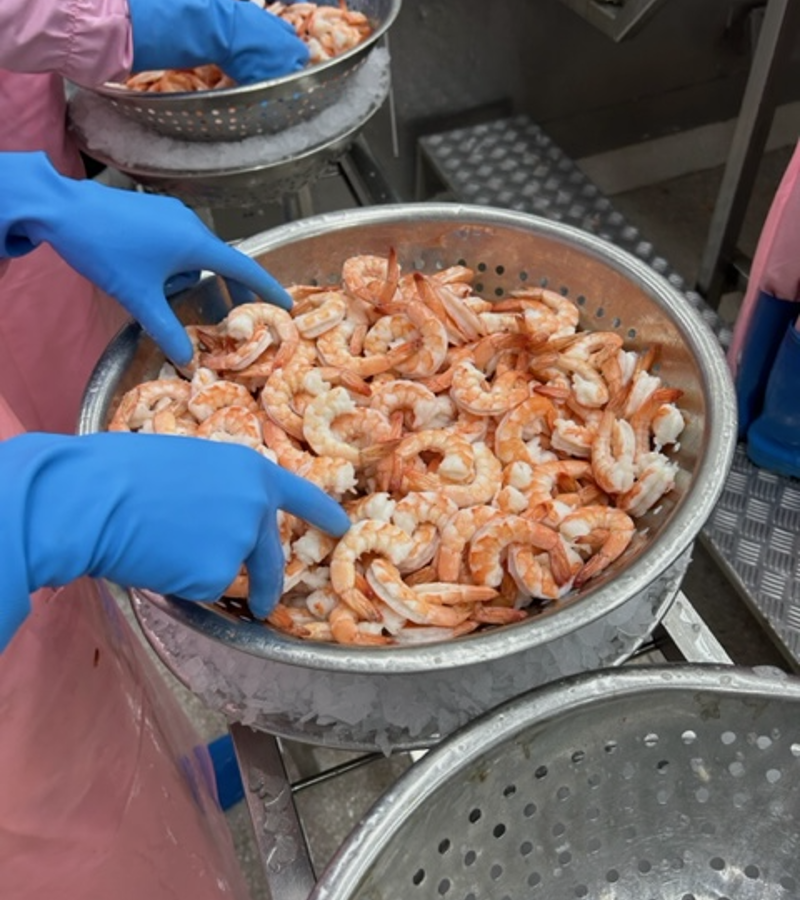

Background
According to the World Wildlife Fund (WWF), aquaculture is often the cause of habitat degradation (mangrove conversion), impacts on species biodiversity (escapes, disease transfer), unsustainable use of natural resources (water, wild fish), climate impacts (energy use), and violation of workers’ rights.
The Aquaculture Stewardship Council (ASC) is the world’s leading certification program for responsibly farmed seafood, significantly improving both environmental and social standards of seafood farming.
In Vietnam, where we source vannamei and black tiger shrimp, less than 15% of farmed shrimp is ASC certified. One reason is that ASC certification is costly and requires know-how, making it out of reach for many small-scale farmers.

Outlook
In our opinion, more partnerships across the public, private, and NGO sectors are needed if we want to succeed in improving environmental and social standards in aquaculture.
With farmed seafood constituting a continuously increasing proportion of globally consumed seafood, such initiatives are more important than ever if we want to support a sustainable Blue Transformation and secure a healthy and nutritious food source for a growing population.
